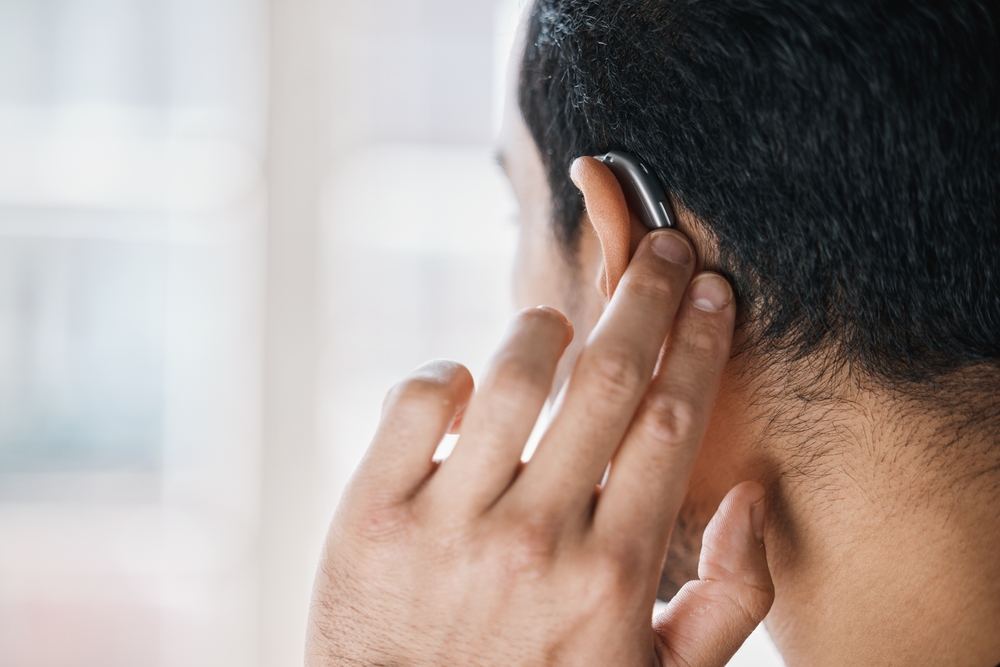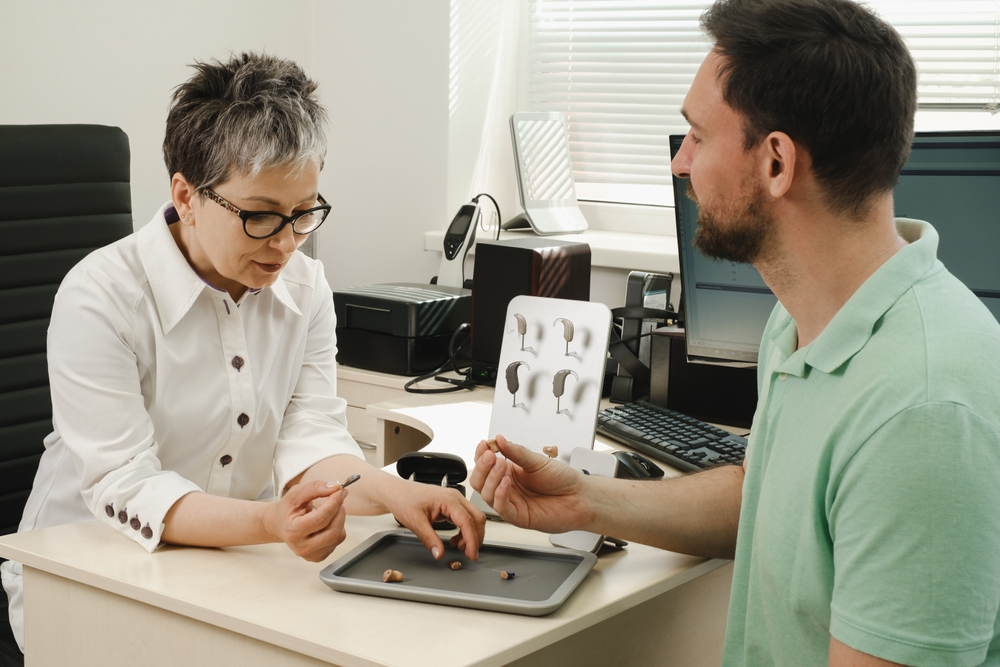Trips to the ER can cost you time off work, not to mention personal pain. What if you could prevent ER visits and significantly reduce your risk of depression, anxiety, falls, accidents, and even dementia.
Emerging studies make the case that, for those with severe hearing loss, wearing their hearing aid could be the difference between staying connected and healthy and ending up spending many nights in the emergency room. Read why hearing aids are better than a visit to the ER
The study
This University of Michigan study gathered participants ranging from 65-85. Each had severe hearing loss. But only 45% of the participants wore their hearing aids regularly.
This is on par with similar studies that have shown that only about 30% of people who have hearing aids actually wear them.
Of the 585 people in the hearing aid group, 12 fewer people ended up in the ER or non-elective hospital stay.
This may seem like a small number. But it’s statistically significant.
And there’s more. They also found that those who wore their hearing aids spend, on average, one day fewer in the hospital. They were more likely to keep regular appointments with their doctors, which likely reduced their time in ER.
How might hearing aids reduce the need for emergency care visits?
The first one is obvious. If a person is staying on top of their health, they’re more likely to stay out of ER.
Other studies have shown that when people with hearing loss wear their hearing aid, they stay more connected to friends, family, and the community. This can lead to both greater drive to keep that doctor’s appointment and better access to services and assistance to get to appointments.
For those driving themselves, it means that they can drive more safely with less anxiety about what they’re not hearing.
Additionally, a U.S. study from the National Institute on Deafness and Other Communication Disorders (NIDCD) found that those with hearing loss who don’t wear their hearing aid are twice as likely to be depressed. Depression can lead to a lack of self-care, which can lead to health problems.
Thirdly, numerous studies have shown that wearing your hearing aid can reduce fall risk and dementia. As a person begins to lose their hearing, the associated part of the brain begins to decline from disuse. With time, this can spread through the brain. As it does, people often experience dementia symptoms as well as the disorientation and lack of balance associated with falls.
Falls are one of the leading causes of death among those over 65, and the resulting hospital stays last twice as long.
These are only a few of the reasons that hearing aids help reduce ER visits.
Why do so many people avoid wearing hearing aids?
There’s really no good reason.
Some don’t wear them because they think that hearing aids make them seem older than they are. This perception persists despite the fact that nearly 25% of people over 65 have significant hearing loss, and 50% of those 75 and older have it. Hearing loss is not an exception. It’s the norm. Plus, hearing loss is on the rise among even with 20-year-olds thanks to earbuds and the rise of noise pollution.
Ironically, constantly asking people to repeat themselves often makes a person seem much older than they are.
Some people cite the costs of hearing aids. However, hearing aids have become more affordable just in the last few years, and there are ways to finance them.
Finally, some don’t like the hearing experience with their hearing aid. This can often be fixed by simply working with your hearing specialist to learn how to more effectively use your hearing aid in various settings. Hearing aids can require multiple fittings before they are just right.
If something is stopping you from wearing your hearing aid, it’s time to schedule an appointment with your hearing specialist.



